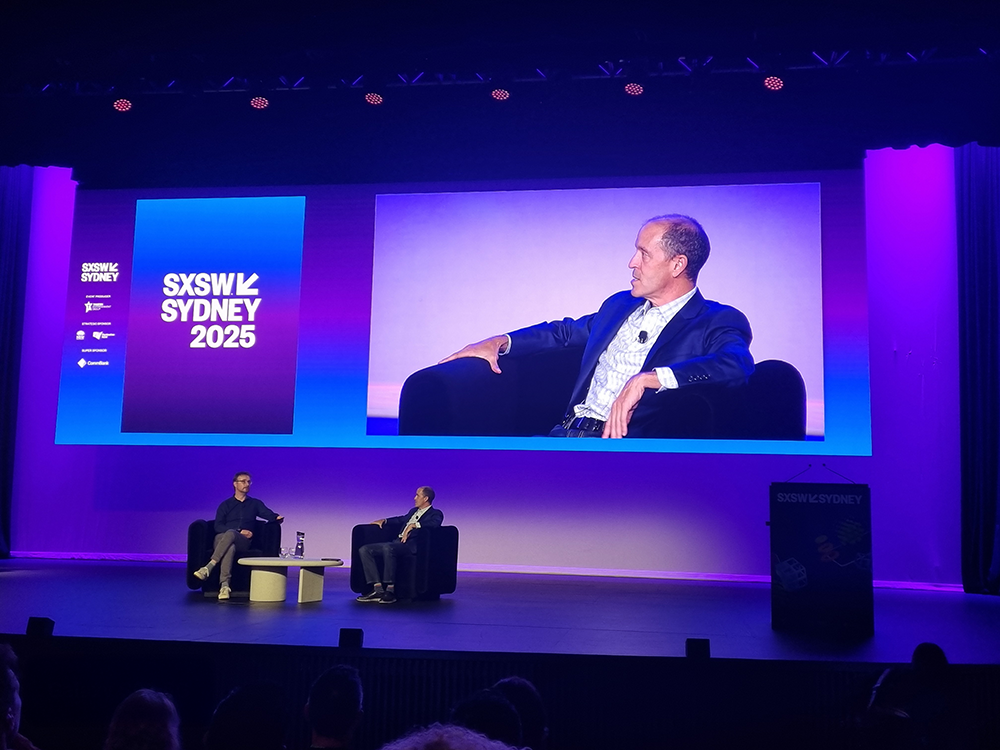Last Friday at SXSW Sydney, Chris Lehane, Chief Global Affairs Officer at OpenAI, offered a fascinating vision of how nations must think strategically about AI — balancing innovation and inclusion, productivity gains and job shifts, national priorities and global cooperation.
Lehane described the launch of ChatGPT on 30 November as a defining moment — the line between eras — ushering in the “Age of Intelligence.”
AI, he said, is not just another tool, but a general-purpose technology reshaping economies, societies, and reflecting the values of the political systems that guide it.
He believes societies have less than five years to adapt. “Infrastructure is destiny,” he said — and for AI, that infrastructure is chips, data, energy, and talent.
Australia, Lehane noted, is uniquely positioned:
🇦🇺 10 million active ChatGPT users
👩💻 30,000 developers
🌏 Top 10 globally for AI capability and member of Five Eyes
💡 35 tech unicorns, strong energy and fibre infrastructure, and potential to build a sovereign large language model.
The opportunity? Massive productivity gains — especially for millions of small businesses.
The challenge? Rethinking rights, wages, and economic systems at the speed of technology.
Lehane was clear: “AI cannot reach its full potential without the energy transition.” He even suggested nuclear power may need to be part of the mix, noting that China built 32 nuclear plants last year.
Looking ahead, he painted an optimistic future:
In 25 years, we could see personalised education for every child, universal access to advanced healthcare, and an era of scientific breakthroughs and abundance.
The “Age of Intelligence” has begun — and Australia has a chance to help shape it.



